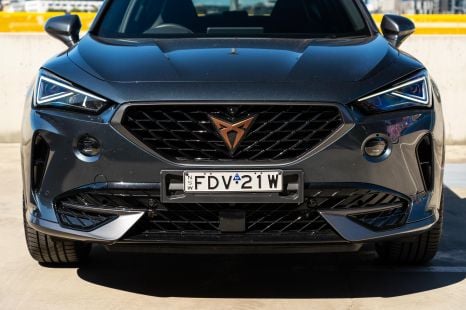

James Wong
Cupra slashes more than $20,000 off Formentor PHEV
53 Minutes Ago

Senior Contributor
Toyota has lodged an appeal with the Australian Federal Court, which earlier this year found defective diesel particulate filters (DPFs) opened it up to a potential billion dollar class action.
The carmaker says it will challenge the factual and legal basis behind the award of damages, focusing on people eligible for the resultant class action who did not suffer DPF issues.
Update:
In April this year the Court negatively assessed Toyota Motor Australia (TMC) on the matter of faulty DPFs in the huge-selling HiLux and Prado, plus the Fortuner. It found TMC engaged in misleading conduct in connection with marketing and selling the relevant vehicles.
Justice Lee found 264,170 vehicles sold between October 2015 and April 2020 had a defective diesel particulate filter, causing issues such as the emission of white smoke and the display of excessive DPF notifications.
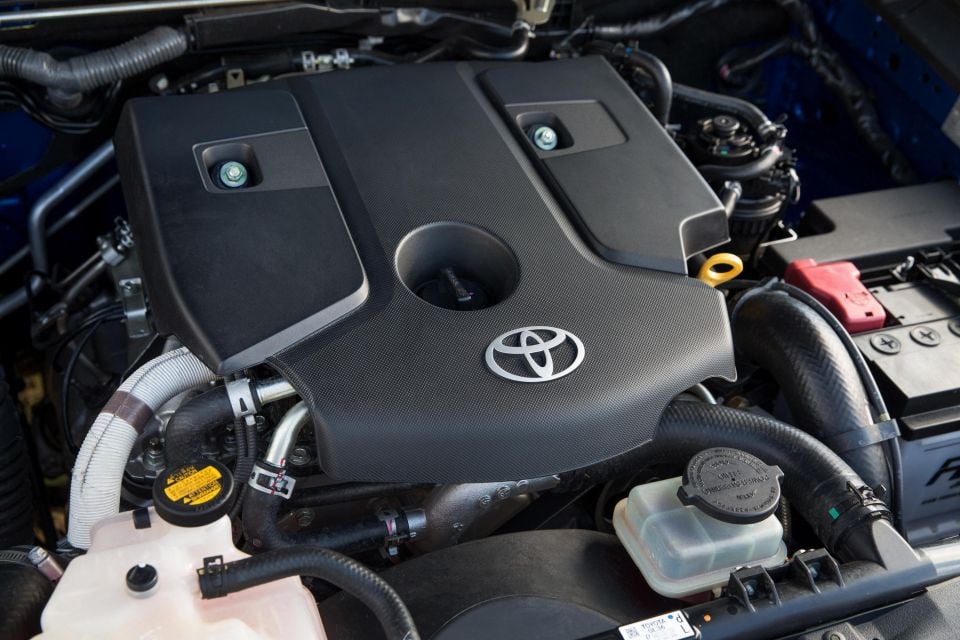
The vehicles were found to contravene Australian Consumer Law’s guarantee of quality. A case summary said while it was hard to quantify damages, there was an agreed 17.5 per cent reduction in each affected vehicle’s value.
In May, Justice Lee judged in favour of the applicant, awarding damages of $18,401, while also finding in favour of group members (owners of affected cars) able to join a class action headed by Gilbert+Tobin, and funded by Balance Legal Capital.
“Eligible group members are entitled to be paid money to compensate them for this reduction in value and for the excess GST they paid as a result of acquiring their vehicles at prices which were higher than the true value of those vehicles,” said lawyers for the class action.
A post on the site representing the class action says group members will receive a notice from the Court in June 2022 “inviting them to register their interest in receiving money to which they are entitled under the judgment” – appeal pending, naturally.
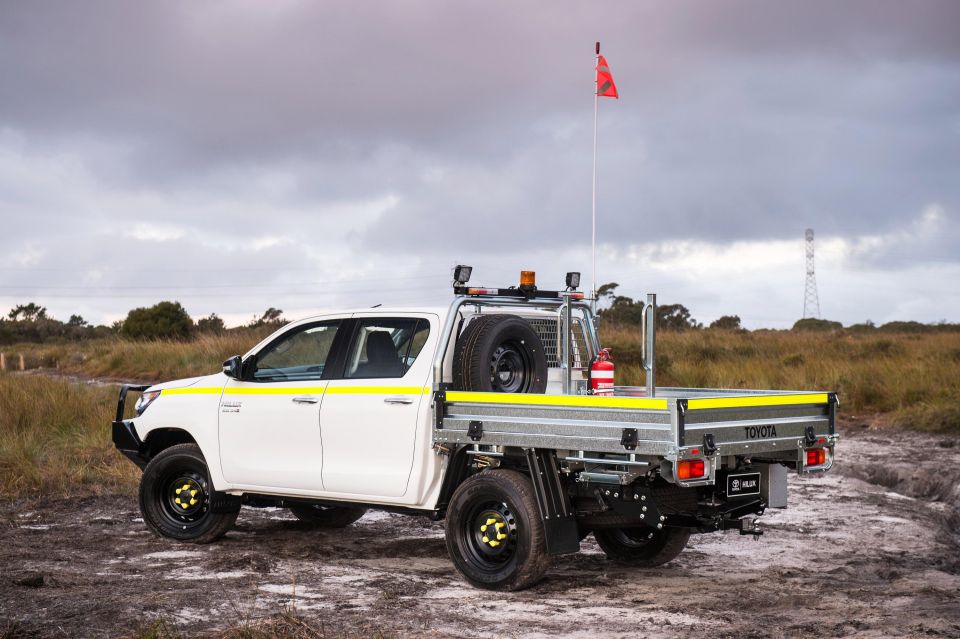
Class action lawyers told the ABC back in April if all the owners in the affected group subsequently claimed their damages, the total money awarded would be more than $2 billion – which appears to lie at the heart of Toyota’s appeal.
“… Toyota’s appeal includes challenges to the factual and legal basis for the award of damages, particularly in circumstances where many of the group members did not experience the DPF issue,” Toyota Motor Corp. said in a statement today.
“At the same time, we understand some customers have experienced inconvenience and discomfort from this issue. For this we apologise. We have worked continuously since becoming aware of DPF concerns on an effective resolution for affected customers.”
“… Toyota has been and remains committed to assisting any customer whose vehicle experiences the DPF issue and to providing free-of-charge repairs,” it said earlier.
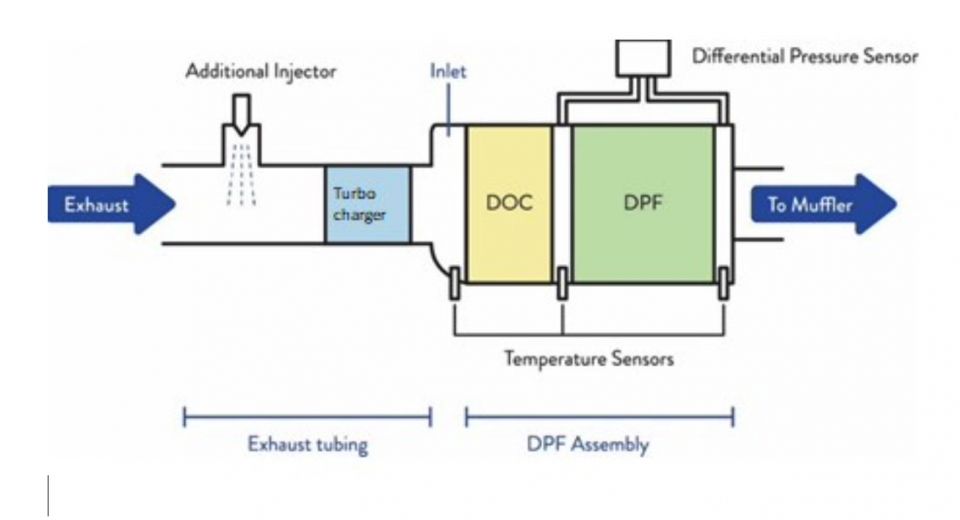
DPFs are designed to capture and burn off harmful pollutants. However, many of these vehicles were not regularly running at conditions conducive to burning off said pollutants (long trips at a good clip), and became clogged.
Toyota fitted a DPF burn-off button to its 2.8-litre diesel in 2018, and upgraded the engine substantially in the middle of 2020. But the court found the former patch was largely less effective than the latter update.
“It is not in dispute that between 1 October 2015 and 23 April 2020 (Relevant Period), 264,170 Toyota cars in the Prado, Fortuner and HiLux ranges and fitted with so-called “1GD-FTV” or “2GD-FTV” diesel combustion engines were supplied to consumers in Australia (Relevant Vehicles),” the April court finding said.
“Each Relevant Vehicle was supplied with a diesel exhaust after-treatment system (DPF System), which was defective because it was not designed to function effectively during all reasonably expected conditions of normal operation and use of the vehicle.”

The first applicant in the class action was Prado owner Kenneth John Williams, the second being a company of which Mr Williams is sole director, called Direct Claim Services Qld Pty Ltd (DCS).
“The evidence establishes that the Relevant Prado has been plagued with problems associated with the defective DPF System,” the case introduction stated.
When regeneration does not occur, or is ineffective, the DPF becomes blocked with particulate matter, and the vehicles experience a range of problems.
Under certain conditions the DPF System was deemed ineffective in preventing the formation of deposits, stopping the DPF from effective automatic or manual regeneration, leading to excessive white smoke and foul-smelling exhaust during regeneration, and indications from the engine’s onboard diagnostic system that the DPF was “full”.
“TMCA was aware that some relevant vehicles were being presented to dealers by customers (called by TMCA, somewhat oddly, as “guests”) who reported concerns with, among other things, the emission of excessive white smoke during regeneration and the illumination of DPF notifications,” found Justice Lee.

“Over the next four years before the introduction of the 2020 Field Fix; the number of complaints increased dramatically; the issues were escalated to the top levels of TMCA and its parent company in Japan, Toyota Motor Corporation (TMC); and a number of countermeasures were introduced, tested and failed.”
The Conclusion and Orders section finalised with the following:
“In short, by reason of the Core Defect, the Relevant Vehicles were worth less at the time of supply than they would have been worth if they were not defective. The conduct in marketing the vehicles as being of acceptable quality was misleading.
“The individual claim of DCS should succeed. So should the representative claims made on behalf of group members with regard to common issues. These conclusions accord with what might have been thought to be the intuitive, common sense response to the facts presented, and it is regrettable the case has become more complicated than it ought to have been.
“The parties were largely in agreement as to the common questions to be determined at the initial trial. I can see no reason why those common questions, and the answers to those common questions, should now not be the subject of agreement.”
Where expert car reviews meet expert car buying – CarExpert gives you trusted advice, personalised service and real savings on your next new car.


James Wong
53 Minutes Ago
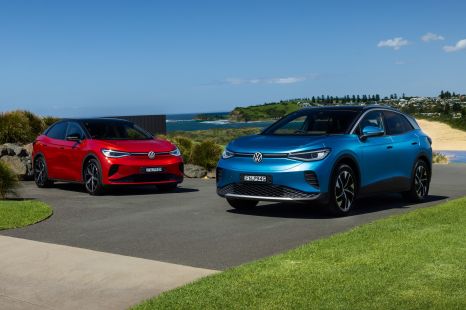

Damion Smy
3 Hours Ago
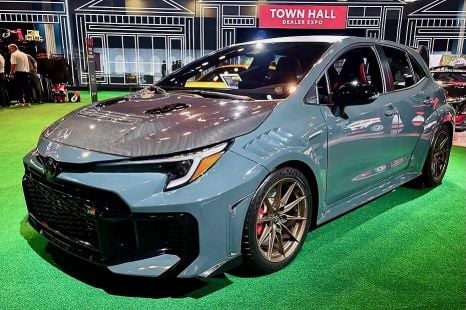

Ben Zachariah
3 Hours Ago
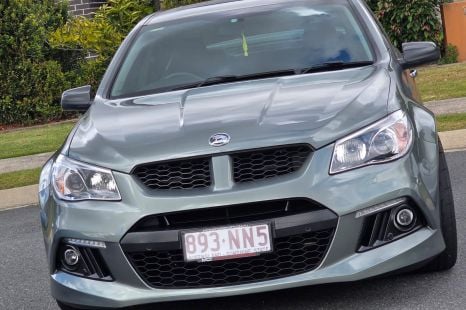

CarExpert.com.au
3 Hours Ago
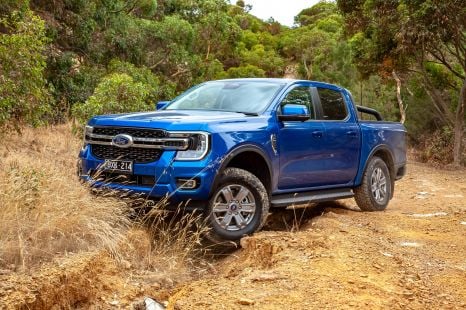

William Stopford
5 Hours Ago
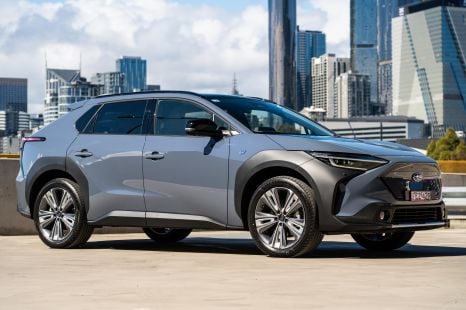

William Stopford
5 Hours Ago